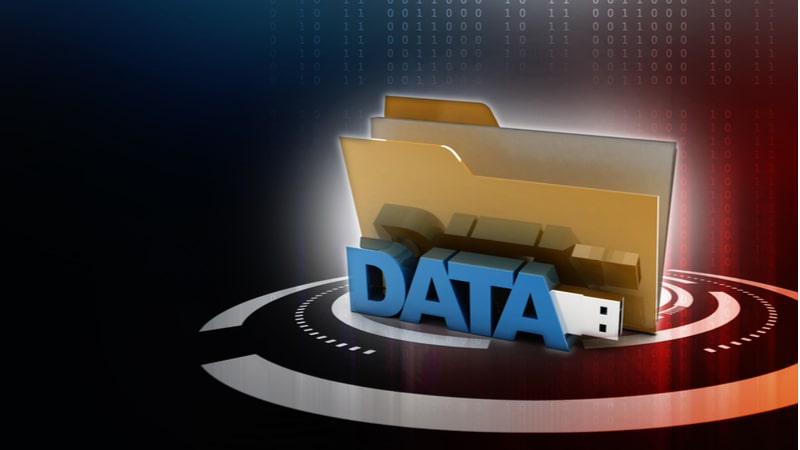
The Federal government needs to be proactive in shoring up its defenses in order to better ward off cyberattacks, and cybersecurity experts this week said that sharing data across organizations is a great place to start.
Speaking at an Aug. 23 event organized by Carahsoft and GovExec, private and public sector experts stressed that the Federal government needs to break down its siloes and share data to bolster its cybersecurity posture.
“The landscape isn’t getting smaller, the threat actors aren’t slowing down. So, the question is, what do we do? And I would say the only thing that we could do is be proactive about meeting the threat actors where they’re trying to exploit,” said Gabriel Davis, risk operations team lead at the Cybersecurity and Infrastructure Security Agency (CISA).
However, being proactive also requires full visibility into the threat landscape, according to Juliana Vida, group vice president and chief strategic advisor at Splunk.
Vida explained that she often sees siloing of data within government agencies – even within the same agency – where different parts of the organization don’t trust one another to have access to their data.
“Breaking down those silos and trusting that within your agency, everyone has positive intent to leverage data, that is absolutely key to opening up that aperture and having that full observability,” Vida said.
“I wish people would just focus on that one thing, break down those human ego silos and just share it, and you’ll be amazed at what you can do with all the data that’s already resident in your environment,” she added. “I would be willing to bet that most of you have more data than you know what to do with. And if you just allow it to flow and let the technology guide you to where the data can be useful, that’s where you’re going to see the value.”
Davis added that he also sees people who are reluctant to share data, and he encouraged the Federal government to share data with its industry partners as well.
“We’re all victims to cyber threats. So, it may not be you today, but it could be you tomorrow, and if that data would’ve have been presented to you, you may have been able to prevent it,” Davis said. “And that’s how we have to start thinking about this – as a community security approach.”
“CISA doesn’t want to go in alone. We can’t do it alone. It’s just not possible,” he said. “We need to have a community approach to solving these issues, because we’ll all be victimized by them at some point, and we can’t approach it as ‘Okay, well, I fixed it. So, you know, I hope that other org figures that out,’ because it could be you tomorrow.”
